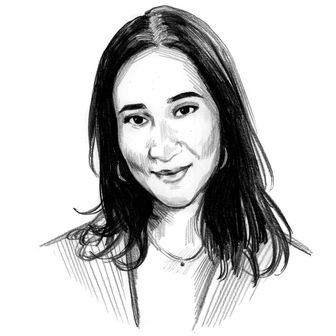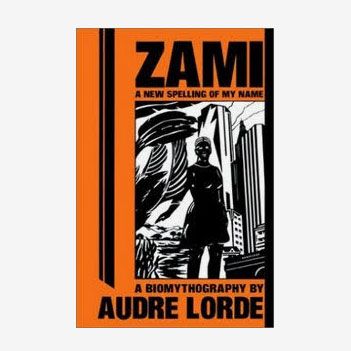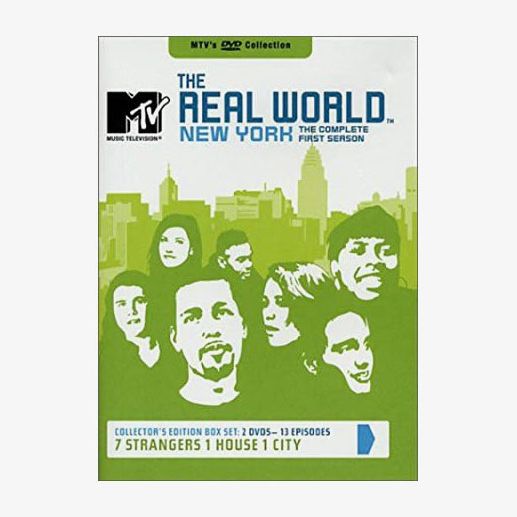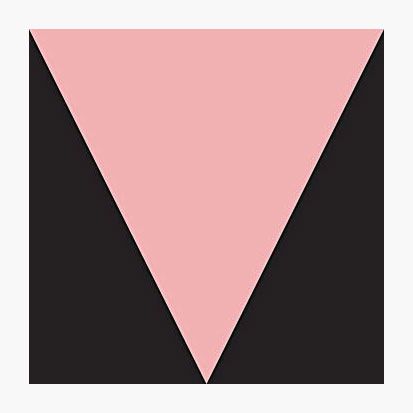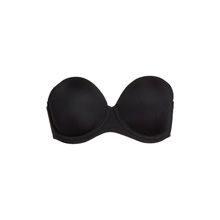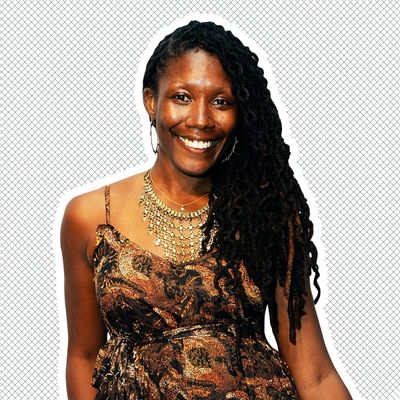
Pride Essentials asks our favorite LGBTQ+ artists to share the influences that have made them who they are today.
Nicole Dennis-Benn is a writer, born and raised in Kingston, Jamaica, who now resides in Brooklyn. Her novels, Here Comes the Sun (2017) and Patsy (2019), are both Lambda Literary Award winners, and the latter was named the best book of the year by nearly a dozen major publications. Her work explores race, gender, class, and identity, often through the sociocultural history of her home country. (Dennis-Benn herself has become part of that history: Her 2012 marriage to Emma Benn was meant to be a small ceremony in Jamaica, but soon became the topic of national news as the country’s first-ever lesbian wedding.) Her work is a formative part of modern Jamaican literature; as Bashy magazine wrote in a 2018 cover story of her, “Nicole, along with a slew of other writers like Marlon James, Alexia Arthurs, and Kei Miller, disrupt the norm of who gets to tell the stories of Jamaica and her people.” Below, Dennis-Benn shares the texts, shows, and places that shaped her identity growing up.
Zami, by Audre Lorde, Sula, by Toni Morrisson, and James Baldwin
I was introduced to Zami by Audre Lorde when I came to America. She’s a renowned feminist poet, and is herself a second-generation Caribbean lesbian. And I was like, Wow. I’ve never seen that before. I’d never seen anyone like that who looks like me, who even has a similar background. She was raised in Harlem, even though her parents are from Grenada, but it was the fact that a Black woman was claiming that she’s a lesbian was so new to me. I also read a lot of Toni Morrison. I mean, it’s still arguable if there’s queerness in her work, but what I saw in her work was Black women. I really saw Black women. I saw our complexity there; various different ways can be Black and be ourselves. For example, Sula, is about a woman who went to college, and got herself educated in the 1920s when women were expected to be family-makers.
Also, James Baldwin. Again, here is a Black man, who was speaking about race in America, but he was also talking about his own queerness. What that taught me was that there is something called intersectionality, and that it’s okay to occupy multiple identities, not ignore one voice for another, and that I can actually be my whole self and be taken seriously. Those are the people who made me who I am, and also inform my own work as a writer.
Ellen DeGeneres and MTV’s The Real World
It wasn’t until I migrated to the United States when I was 17, that I became aware of books and shows that actually reflected who I am. This was around the early 2000s, and Ellen DeGeneres had just come out as a lesbian and I remember that was a big deal. And I remember her giving voice to what I was feeling: Here’s this prominent woman on this prominent TV show, and she’s a lesbian. That really impacted me.
It was also the moment when people were talking about what being queer looks like, so looking at shows like The Real World on MTV that suddenly had gay characters and gay people. That was a shock. People were like, “Wow! A girl kissed a girl.” But it still wasn’t enough. I really craved good complex stories about our lives as women who love women.
Queen Latifah, MC Lyte, Brandy & Monica
I was born and raised in Jamaica. You are socialized to conform to gender norms. I didn’t really have any role models, or really any insight on like what queerness looked like or even what a lesbian looked like. In 2020, there’s like all these people who are now coming out as queer in addition to being Black and being female, but when I was coming of age what I looked to was Black women, and blackness, really. Looking toward like Queen Latifah, or MC Lyte, or Brandy & Monica, those are my go-to in terms of media representation.
Alanis Morissette, and Meshell Ndegeocello
You know, how sometimes you do want to express yourself, but music does that for you? Alanis Morissette, I feel like spoke to me personally, with Jagged Little Pill. And Meshell Ndegeocello, she’s this African-American woman, she’s a lesbian, and her music kind of echoes like a Tracy Chapman. She really sang songs that spoke to me about being a lesbian. She was singing to her lover, and I found that very endearing, to hear that from a Black woman.
Bluestockings Bookstore
I came across it when I came here to America, to New York City. It’s one of the oldest LGBTQ bookstores in the city. I remember going there with a friend of mine in college — it was an adventure for us. And we would sit for hours and hours in the stacks just reading queer literature. We’re talking about a newly arrived immigrant girl here reading that. And I’m like, Oh my gosh, there’s so many of us. It was like a museum. I felt validated reading them in that bookstore.
If you buy something through our links, New York may earn an affiliate commission.
